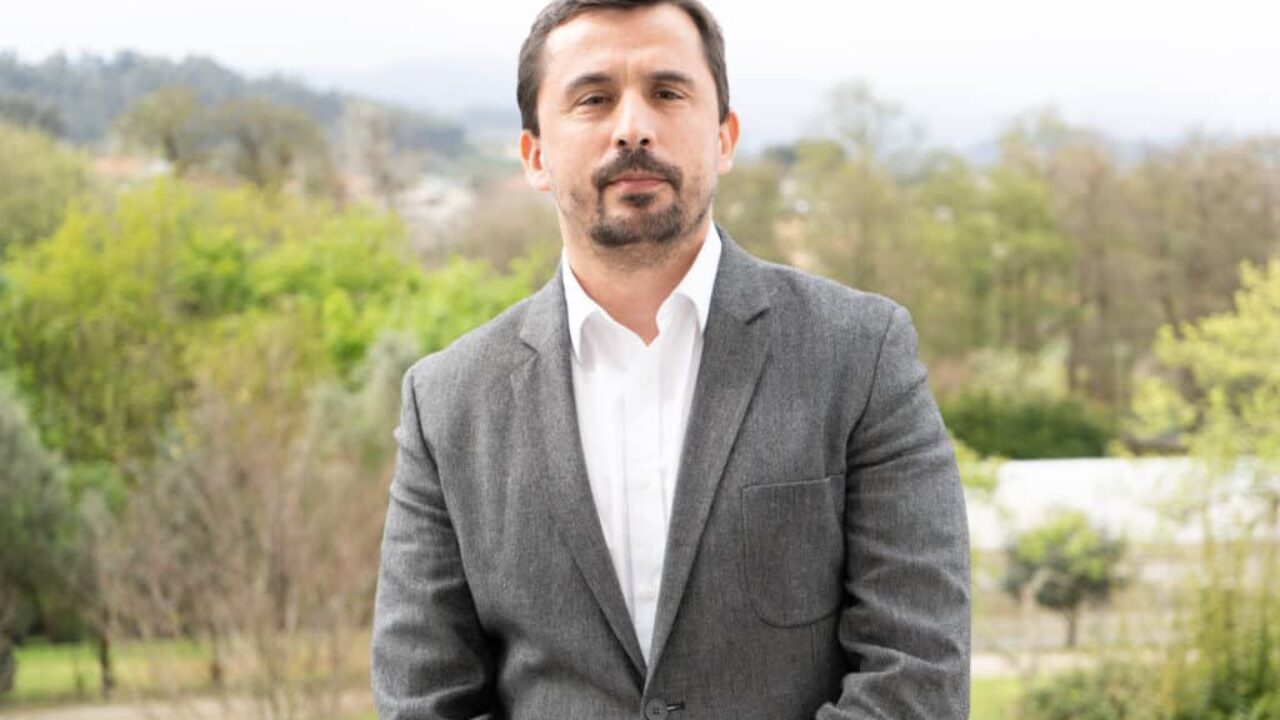ECOSPHEREWINES will provide in-depth knowledge about the effects of incorporating Nature-Based Solutions in the various phases of vine cultivation.
In this sense, Interreg Sudoe has given us the opportunity to gather knowledge at an international level to demonstrate how science and innovation can transform the way we manage and protect our natural resources.
1.What does the ECOSPHEREWINES project consist of?
The ECOSPHEREWINES project focuses on improving wine-growing landscapes, a key economic and tourist resource in the SUDOE region, especially in inland areas affected by depopulation and aging. In these territories, preserving natural and environmental capital is essential for rural communities, as it represents a vital source of wealth.
The project’s goal is to enhance Ecosystem Services (ES) provided by wine-growing landscapes by creating a green infrastructure (GI) network in areas of high ecological value. This strategy seeks to ensure their conservation and sustainable management, improving biodiversity and increasing the resilience of these ecosystems against climate change.
2. What results do you expect to achieve with the project?
To achieve our goal, we have conducted an initial analysis phase that included a review of the state of the art on GI and its implementation in various projects in the SUDOE area. We also worked on identifying factors that facilitate or hinder its application and characterizing the wine-growing landscapes in the project’s pilot areas (northwest Iberian Peninsula and France), where interventions will be carried out, followed by monitoring and evaluation.
The main expected outcome is to gain in-depth knowledge about the effects of incorporating Nature-Based Solutions (NbS) in the different phases of vine cultivation. We expect to evaluate these effects at various levels, such as soil characteristics, plant conditions, and biodiversity index, among others. The results obtained will be compiled into a Strategic Guide and an Action Plan, which will be replicable in other wine-growing landscapes.
3. What does it mean for the FJDV to coordinate this project?
Leading the ECOSPHEREWINES project represents a valuable opportunity for the Juana de Vega Foundation to materialize its strategic objectives through concrete actions. The Foundation, dedicated to promoting knowledge, conservation, and development of the rural environment in Galicia, particularly in training its active population, preserving its natural and human environment, and improving its economic base, finds in this project an ideal means to advance in these areas.
Leadership in ECOSPHEREWINES allows the Foundation to carry out research such as the evaluation of ES and the implementation of NbS in crops. Additionally, it facilitates the execution of training, dissemination, and knowledge transfer actions, such as citizen participation workshops and result dissemination days planned throughout the project.
4. What does it mean for you, as the director of the Research and Innovation area, to coordinate this project?
Coordinating this project is a great opportunity and an exciting challenge for me as the director of the Research and Innovation area. It means being able to apply and expand our knowledge in integrating innovative solutions in the agricultural sector, particularly in viticulture, a highly relevant area for our region. Moreover, it allows me to lead a multidisciplinary team committed to sustainability and improving rural landscapes, strengthening our impact on environmental conservation and the development of more resilient and sustainable agricultural practices.
This role also provides me the opportunity to promote knowledge transfer and international collaboration, key elements for the success of an Interreg Sudoe project. It is a unique occasion to demonstrate how science and innovation can transform the way we manage and protect our natural resources, and for me, it is an honor and a responsibility to contribute to these objectives from a leadership position.
5. Why do you think international cooperation is key in an initiative like ECOSPHEREWINES?
In light of the current climate crisis, exemplified by recent extreme droughts in various regions of Europe and the alarming loss of biodiversity, it is crucial to gather knowledge internationally to address these challenges from a holistic perspective that integrates experts from different disciplines.
The ECOSPHEREWINES consortium is composed of 13 entities with extensive experience in key areas related to viticulture and sustainability. In addition to the consortium partners, we have the official support of 25 associated entities that have joined the project.
6. What is the technical contribution of the Foundation to ECOSPHEREWINES?
The Juana de Vega Foundation, as the main beneficiary, is responsible for coordinating the project. Technically, we have participated in characterizing wine-growing landscapes during the project’s first phase, and we are currently advancing on two fronts. On one hand, we are developing a specific methodology to evaluate the ES of interest in the various pilot projects. On the other hand, we are designing the intervention project, which includes implementing NbS in the experimental area of Mariñas-Betanzos.
7. Looking ahead, what do you think participating in this project will mean for you?
The most enriching aspect of this project is its collaborative environment and the opportunity to work with experts from various countries and disciplines. For the Foundation, it represents an excellent opportunity to learn and establish connections with other organizations while highlighting the work done from Galicia to improve the environment and the quality of life for people.

